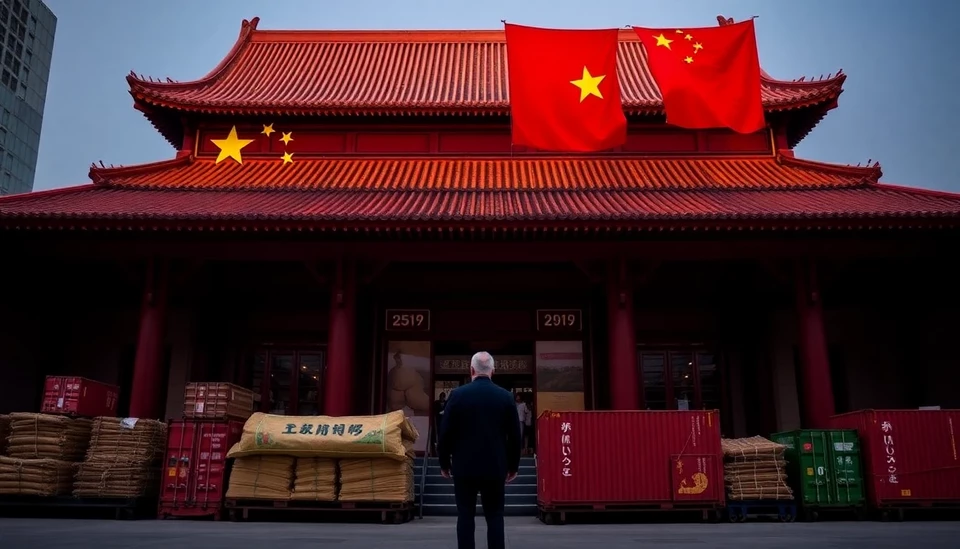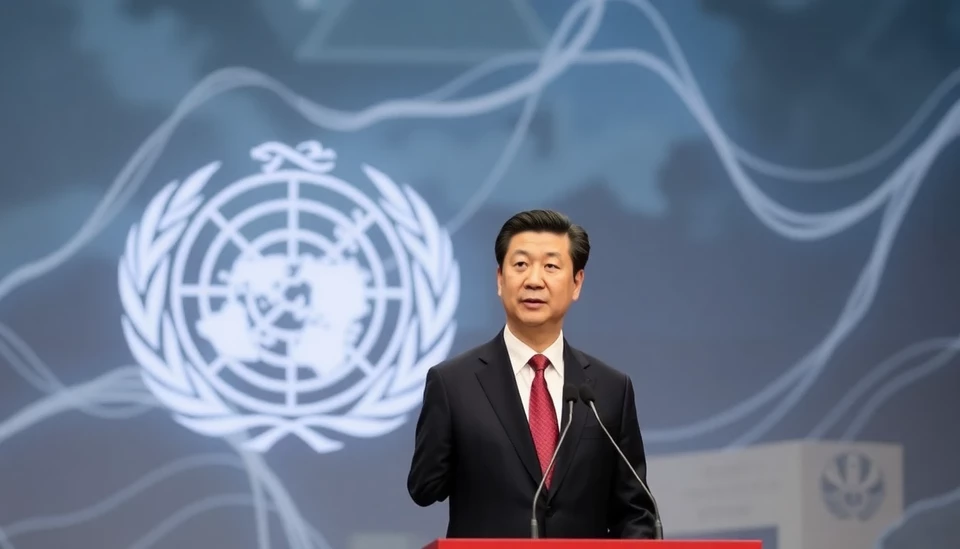
In a notable shift in its energy consumption patterns, China has reported a decrease in its coal usage, aligning with its broader economic strategies as it faces potential trade turmoil. This trend comes amid ongoing uncertainties in international trade relations and a focus on achieving sustainable development goals.
Recent data shows that China has made commendable progress in reducing its reliance on coal, a primary source of energy that has long been linked to environmental concerns due to high levels of carbon emissions. By diversifying its energy portfolio and investing in cleaner energy sources such as wind, solar, and hydroelectric power, China aims to balance its economic needs with its environmental commitments.
The transition away from coal is particularly critical now, as China's economy prepares for what many analysts forecast could be more turbulent trade dynamics. With tensions escalating among various global trading partners, particularly regarding tariffs and trade agreements, China's reduced coal consumption can be seen as an effort not only to combat air pollution but also to bolster its economic resilience in the face of potential setbacks.
Energy experts highlight that this shift is not just a response to domestic pressures but is also influenced by global market forces. China, as the world's largest emitter of greenhouse gases, is under increasing scrutiny to curb its carbon footprint. The country's commitment to reducing coal usage is expected to have far-reaching implications for both its domestic policy framework and international relations, particularly as it seeks to reaffirm its role in global climate negotiations.
Furthermore, this reduction in coal usage is complemented by the Chinese government’s initiatives to promote renewable energy technologies. By investing heavily in research and development for sustainable energy solutions, China is positioning itself as a leader in the global transition toward a low-carbon economy. This strategy is not only beneficial for the environment but offers economic opportunities, potentially leading to job creation in the renewable energy sector.
The drive to decrease coal consumption is also reflective of domestic challenges, including spiraling energy costs and public health concerns linked to pollution. As the Chinese populace becomes more aware of the health impacts of coal mining and combustion, there is growing public support for cleaner energy alternatives. This evolving public sentiment is prompting the government to take further action toward energy reform.
As China navigates this complex interplay between its energy policies and economic strategies amidst global trade tensions, industry leaders are optimistic. The increased focus on sustainable practices could potentially enhance China’s international standing, as it demonstrates a commitment to significant environmental goals while still addressing economic stability.
According to analysts, the future trajectory of China's energy consumption will significantly depend on the outcome of trade tensions, technological advancements in renewable energy, and domestic policies aimed at achieving efficient energy use. This unfolding situation captures not only the resilience of the Chinese economy but also its ethical responsibility towards global environmental standards.
In summary, China's initiative to cut down coal reliance signals a pivotal moment for both its economic landscape and global climate efforts. This multifaceted approach serves to enhance its adaptability in an uncertain global market while striving for a cleaner, more sustainable energy future.
#China #CoalReduction #RenewableEnergy #TradeTensions #Sustainability #ClimateChange #EnergyTransition #EconomicStrategies
Author: Rachel Greene




